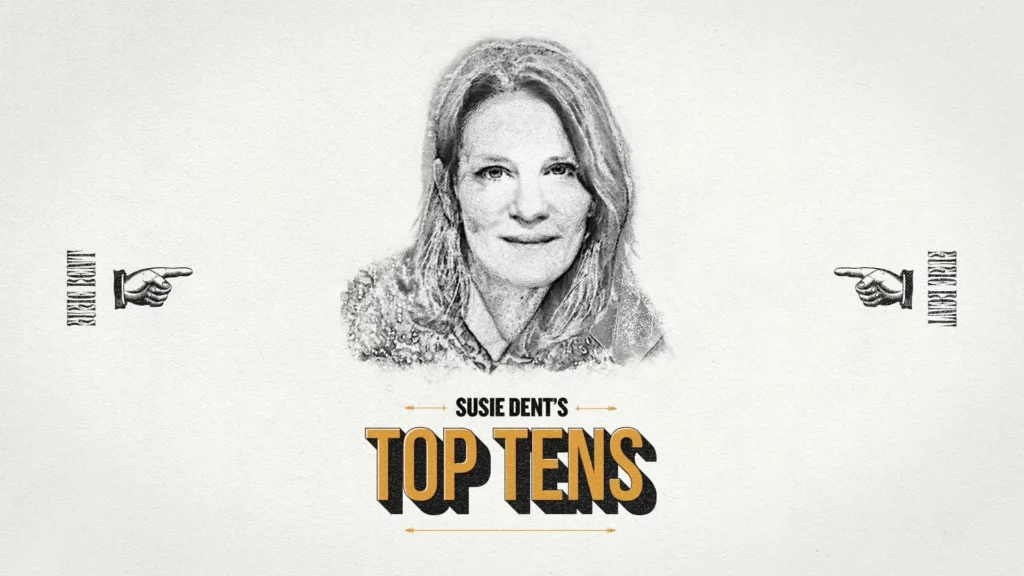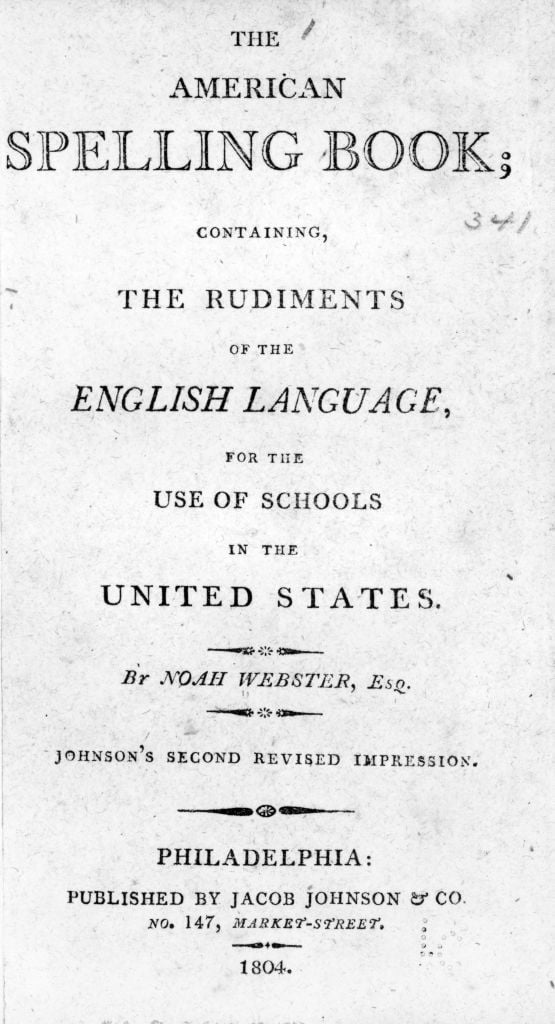Language is peculiar in its ability to cause such irritation. Within the same English language, there’s not just mutiny over different local dialects, but countless examples of ‘bugbears’ – common phrases or words that some just find loathsome.
Here are Susie Dent’s picks for the best.

Most weeks I receive a request to put a word into the dictionary. The term in question is usually sent in by someone who feels that their creation demands immediate recognition. But for all that these word coiners believe that I can automatically type in ‘their’ word and ensure its inclusion in the virtual dictionary, I have no such powers. Nor would I want them (although I might make an exception for the word ‘snaccident’ which somehow still hasn’t found space in the dictionary. This is the inadvertent eating of an entire packet of biscuits when you meant to have just the one.) In fact I have spent my career explaining how today’s lexicographers will never prescribe how language should be used – instead we describe how it is already being used.
The same people of course believe I have the authority to take words and expressions out of the dictionary. Because for every passionate conversation about beautiful words in English, there will be another, probably even more heated, discussion about the ugliest ones. Most of us can list a dozen expressions or more that grate on our nerves more than our neighbour’s car alarm.
When I recently asked on Twitter for candidates for the most loathsome language award, I received over 2,500 responses. Many of them proposed the usual suspects (‘aw bless’, ‘my bad’, and ‘I’m not gonna lie’ for starters). But others offered suggestions that would seem perfectly innocuous to most of us, but which to their nominators are disgruntling in the extreme. I offer below ten examples, in the hope that they will have you nodding in agreement rather than reaching for the ibuprofen.
So, in no particular order, here’s what really gets people’s goat.

- So.
Actually, I just used one. The prefacing of every statement with ‘So’ raises many a hackle. Thought to have originated in Silicon Valley, the idea is that the speaker is asserting their authority before setting out their argument. When used repeatedly, however, the effect is at best only So-so and at worst downright infuriating.
2. Deep dive
It seems we can take a deep dive into anything these days, from a complicated issue to the McDonalds Halloween menu. To borrow from the latest teenage slang, ‘it’s not that deep’.

3. Bandwidth
Too worn out from everything on your plate to even contemplate doing anything else, whether it’s your boss’s new task or putting out the bins? Many of us are, but you are probably not going to help your cause if you respond with ‘I just don’t have the bandwidth’.
4. With all due respect
A total lack of respect incoming.
5. Less vs. fewer
Those of us who wince whenever we see a supermarket sign saying ‘Ten items or less’ have probably begun to resign ourselves to a lost cause. It may be reassuring to know that this debate has been raging, or whimpering, for over two hundred years.
6. disinterested vs. uninterested
Impartial on a subject, or couldn’t care less? In the first instance, you are disinterested; in the second, you are definitely uninterested. It’s a clean divide, but people often mix up the two and it clearly pokes the ire of many. Once again, however, all is not what it seems. The very first meaning of ‘disinterested’, in the 17th century, was not interested at all.

7. like as a filler
Any fan of Love Island can tell you just how much the show’s contestants enjoy a good ‘like’, and not in the way you might think. Each year the prolific use of the word in every conversation becomes a meme on social media. It’s such a lazy linguistic filler, indicative of how English is going to the dogs, the haters say. In fact, the use of ‘like’ in this way was already around in the 1700s, although admittedly the speakers’ use of it at that time was probably as skimpy as the Islanders’ outfits.
8. It is what it is
It usually is what it is, but that doesn’t stop it annoying hundreds of us.
Read More: Susie Dent’s Top Tens: 10 ‘Americanisms’ that aren’t actually American
9. Going forward
The go-to phrase of any corporate mission statement, ‘going forward’ was the phrase with the highest Ick factor on my Twitter feed. Perhaps it’s because it’s the normal direction of movement, but also because not everything, as the comedian David Mitchell puts it, ‘needs to sound like a masterplan’.
10. Calm down
A prime example of an instruction that is designed to achieve the exact opposite.
If you have reached the end of this without the slightest curl of a lip then you should probably become a lexicographer. If it has been an uncomfortable ride, I apologise, and suggest we take it all offline, get our ducks in a row, pivot if we need, and shift the metrics to something more pleasant. Alternatively, we can take a dive into the shallow end and hope that we end up forgetting it all.





